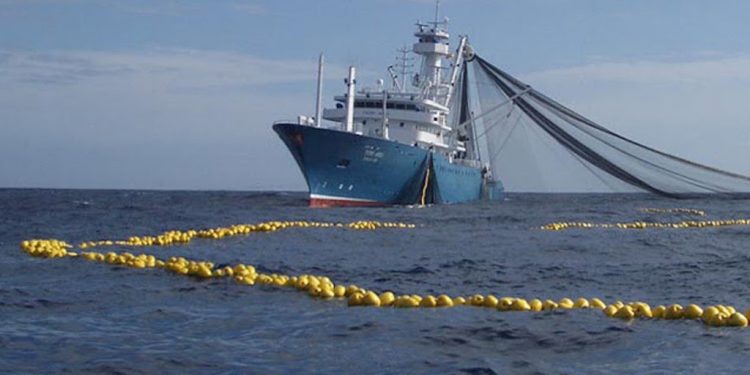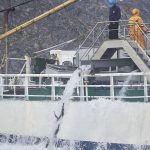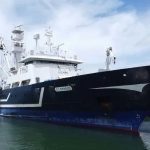Despite the serious efforts and sacrifices made by European purse seiner operators to restore the bigeye tuna stock, this week’s discussions at ICCAT did not lead to the TAC increase allowed for by the ICCAT Scientific Committee.
Instead, contracting parties decided to roll over the measures applied in 2022 and an intersessional period is already scheduled to discuss, in particular, the allocation of the TAC.
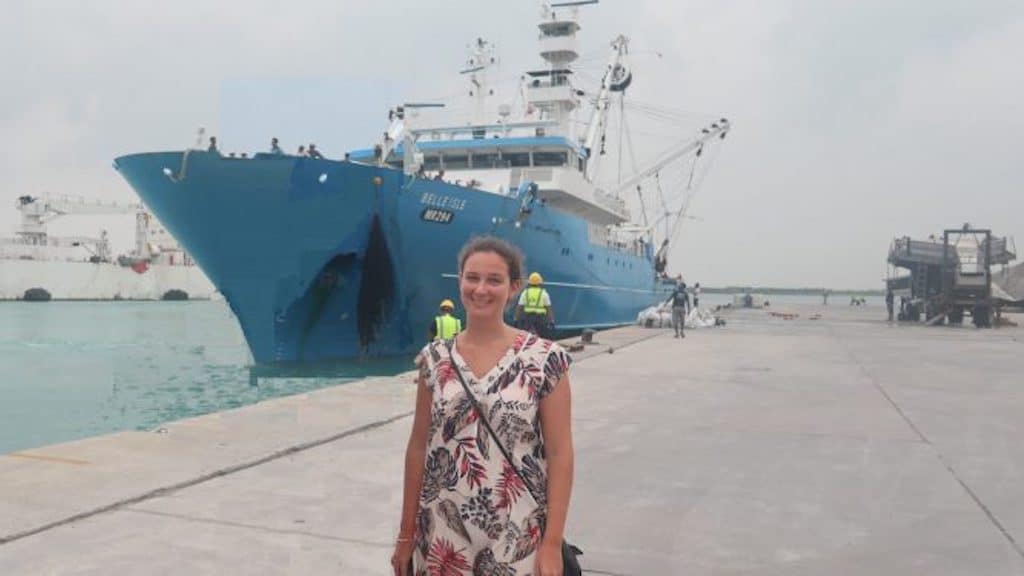
‘This is unfortunately a missed occasion to increase opportunities for developing countries, as proposed by the EU,’ said Anne-France Mattlet, Director of Europêche’s Tuna Group as the 23rd meeting of the International Commission for the Conservation of Atlantic Tunas (ICCAT) ended this week in Portugal.
‘European seiners, which account for less than 30% of bigeye tuna catches in the Atlantic, faced the refusal of some ICCAT contracting parties, particularly Asian countries, the United States and Canada, to increase the TAC despite a scientific advice that did allow this.’
On the other hand, Europêche has welcomed the adoption of the first ICCAT long-term management procedure for a for Atlantic and Mediterranean bluefin tuna. This new procedure will provide better stability for European fishermen who will benefit from an increase of the TAC up to 40,570 tonnes annually until 2025.
Concerning shark management, Europêche has criticised the veto by China and Japan opposing the recommendation on shark conservation in association with ICCAT managed fisheries, which included the obligation to provide more data to scientists and to land fins naturally attached to the body.
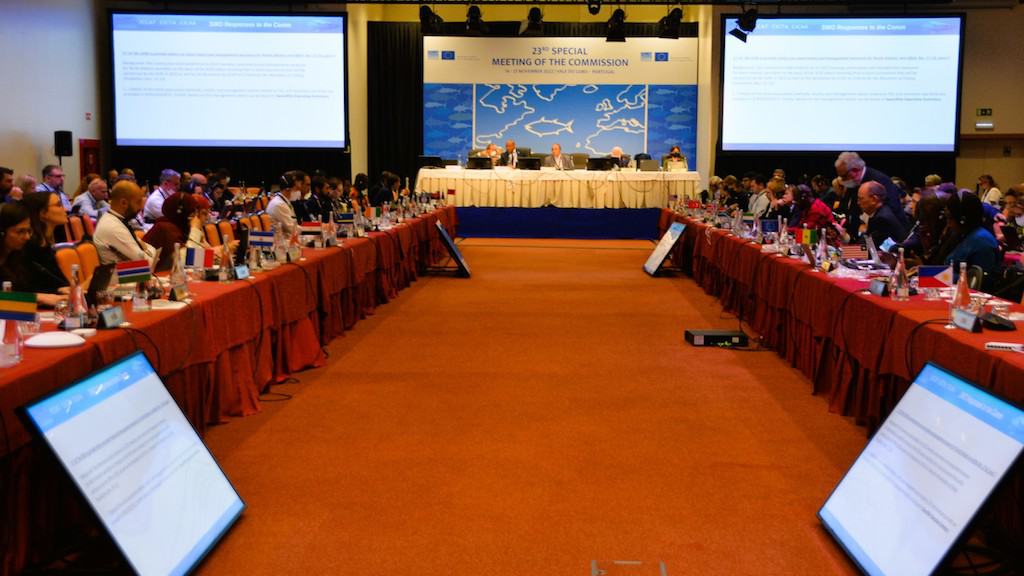
‘European vessels have been applying such a policy since 2013,’ Anne-France Mattlet pointed out.
Europêche also raised the subject with ICCAT of the theft by Greenpeace of 30km of longlines and associated catches, including, according to Greenpeace, seven swordfish and a blue shark, a commercial species sustainably managed by ICCAT.
‘Longline fishing is subject to fishing authorisation and fishing quotas, and retention on board of catches must be subject to multiple declarations. We hope that the Greenpeace vessel has indeed been controlled by fishery inspectors in the first European harbour it reached,’ observed Europêche president Javier Garat.
ICCAT parties agreed on management measures for South Atlantic shortfin mako starting in 2023 to support the sustainability of the fishery. The TAC was set to a maximum of 1295 tonnes until new scientific advice is provided in 2024.
‘We welcome ICCAT’s decisive action to strictly regulate this species that shows that there is no need to cut corners through CITES. In this regard, we call on the EU and national governments to revise their decision not to allow the commercialisation of South Atlantic shortfin mako,’ Javier Garat added, commenting that Europêche in in agreement with the management measures agreed for both North and South Atlantic swordfish stocks being subject to TACs in accordance with scientific advice.
‘We also welcome the ICCAT initiative which makes it possible to launch an initial assessment and integration of the challenges of climate change and its consequences on fisheries in the ICCAT area,’ he said.

